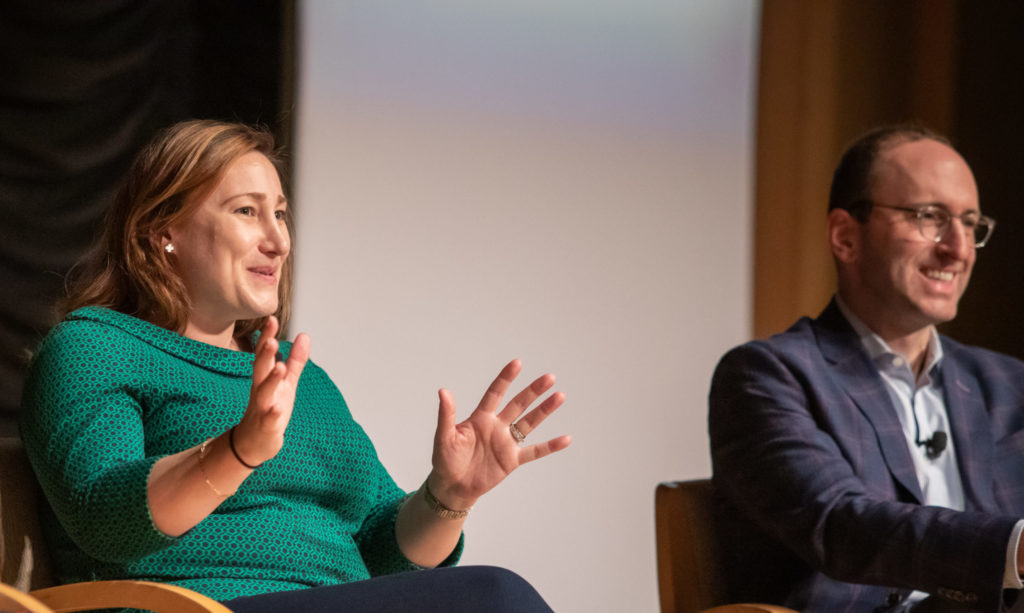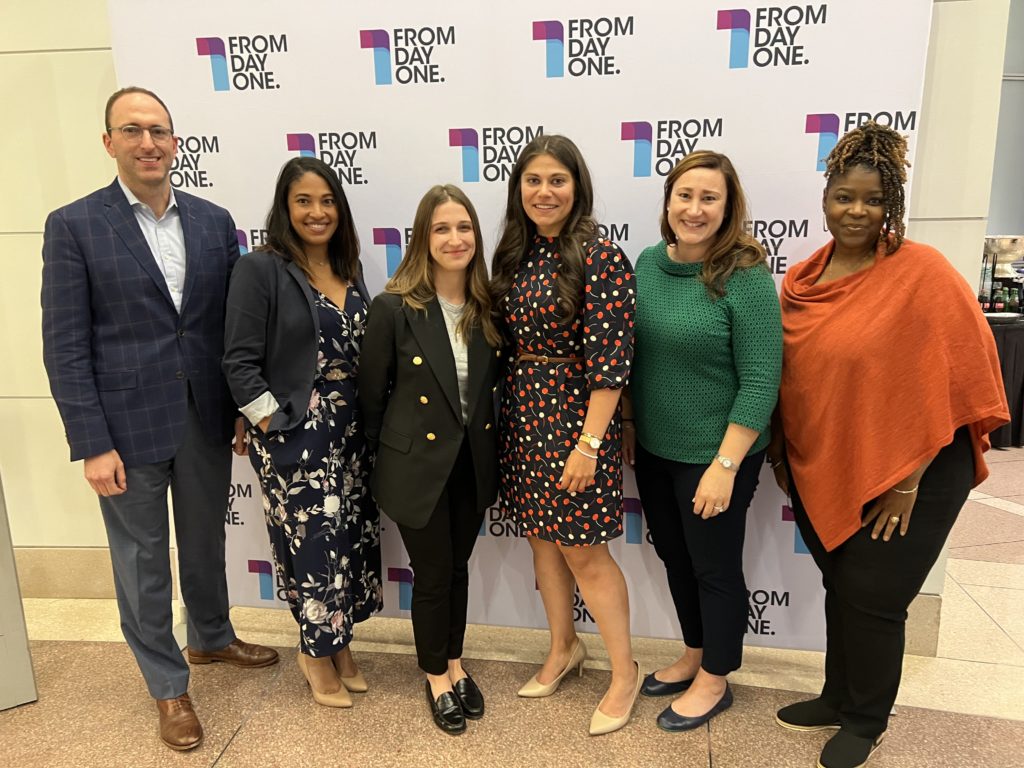How to Balance Workplace Productivity With Compassion


If we’re going to prioritize the well-being of workers and prevent burnout, we can’t expect employees to work at the same pace they did three years ago.
“It’s an imperative now, in our environment, to start thinking about how we’re looking at high expectations and performance at the same time that we’re thinking about well-being,” said Gabriela Mauch, the VP of the productivity lab at the workforce-analytics company ActivTrak. To do this, she said, there can’t be one team pushing work productivity and another team pushing work-life balance.
“Those conversations now need to come together in order for us to be having this conversation about well-being and performance,” said Mauch, “so we can get to a point where we’re not celebrating productivity gains while ignoring the fact that people are burning out, we’re not celebrating hitting our business numbers while people are turning over because there’s a better work-life balance across the street.” In other words, productivity plus well-being equals a compassionate workplace.
Mauch was one of five experts who spoke on a panel, which I moderated, during From Day One’s May conference in Washington, D.C., focusing on the realignment in the relationship between workers and employees in the wake of the pandemic and remote-work revolution.
If the workplace is to be a compassionate one, then most organizations will need to change the atmosphere. This means managers need a new kind of training. Where managers were once trained to enforce policy across the board, we must now train them to support individual needs.

“We have to make our role-plays and our [training] materials account for scenarios that are no longer about someone who has a dress-code problem,” said Scott Nycum, the VP of diversity, inclusion, and giving at General Dynamics Information Technology. “We now have to put our practice hat on and be comfortable about putting scenarios out there about what happens when an employee brings up that they have a child or they’re dealing with anxiety at home.”
Millette Granville, the VP of diversity, equity and inclusion at the digital-education company 2U, said her company is focusing on developing emotional intelligence among their workforce. “We created a new learning session on emotional intelligence and leading with empathy, because those things tie very closely together for you to be able to notice when someone is acting differently in the workplace, in the meeting, or online.”
Employees and managers who feel comfortable sharing what they need and responding to the needs of others also feel psychologically safe, said Sally Bartas, a VP of HR for Stanley Black & Decker. We should be concerned, she said, with “how an organization is creating space for employees to feel like they can manage what they’ve been dealing with over the last two and a half years.”
2U’s Granville encourages such an environment by urging leaders and team members to be clear about needing a break, like a mental health day, for example, and calling it that, to set a tone that makes it OK to ask for help and take it.
Compassion also requires recognizing individual contributions. Employees want to feel valued. Bartas said lack of recognition leads people to write their own story about what’s going on with the organization. “That can also turn into disengagement, or ‘Oh, my leader doesn’t care about me, because they haven’t checked in.’”
Alyssa Johnson, the VP of account management at employee-recognition platform Blueboard, noted that effective recognition is first, personalized, and second, connected to the organization.

“Some folks are, for example, caring for aging loved ones. We have some people that are starting their career and they’re just out of college, and the things that are important to them in their personal lives will impact what they need out of their professional work relationships,” said Johnson. Personalized forms of recognition show workers that you’re paying attention.
Put the well-being of the employee first, and the benefit to the business will naturally follow, panelists said. Bartas closed with this: “The golden rule is ‘Treat others as you wish to be treated,’ but it’s really the platinum rule, which is, ‘Treat others as they wish to be treated.’ Meet them where they are.”
Emily McCrary-Ruiz-Esparza is a freelance reporter based in Richmond, Va., who writes about workplace culture and policies, hiring, DEI, and issues faced by women. Her work has appeared in the Washington Post, Fast Company, and Food Technology, among others, and has been syndicated by MSN and The Motley Fool.
The From Day One Newsletter is a monthly roundup of articles, features, and editorials on innovative ways for companies to forge stronger relationships with their employees, customers, and communities.